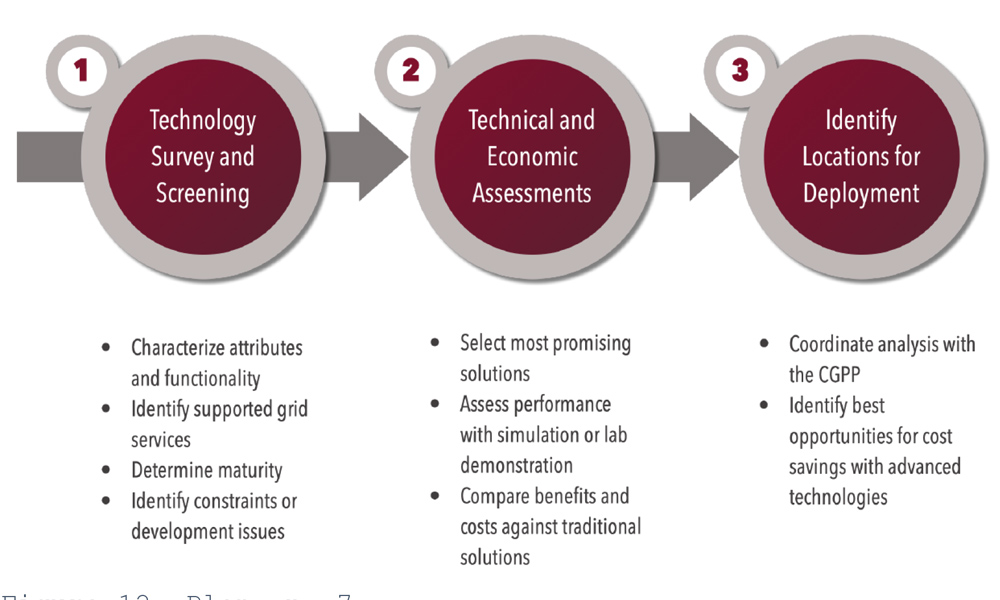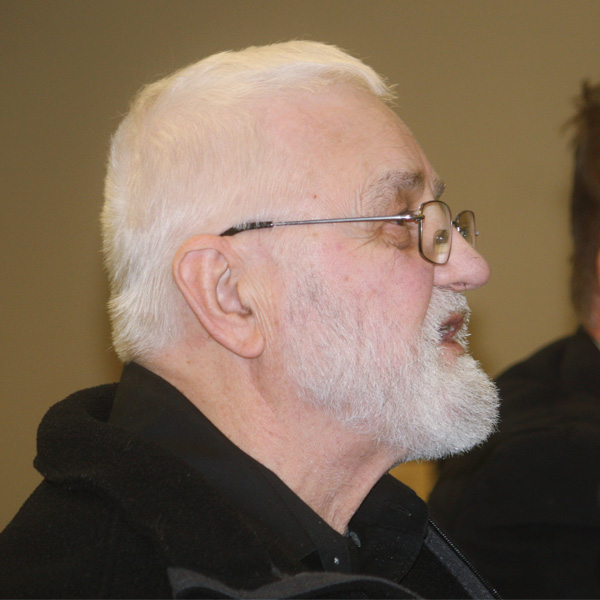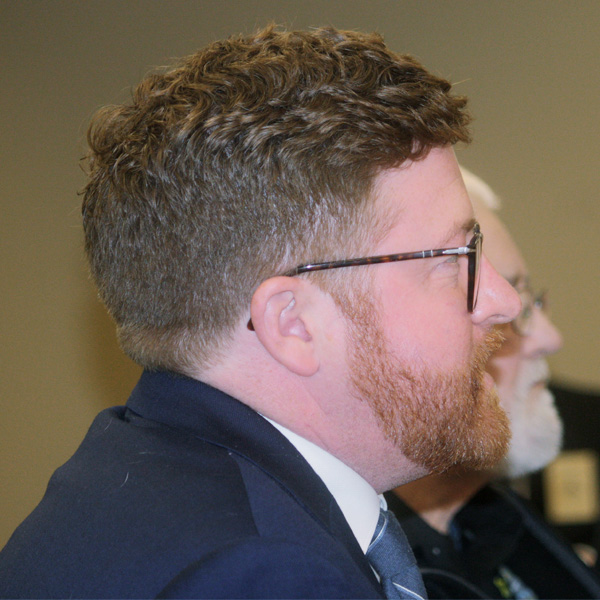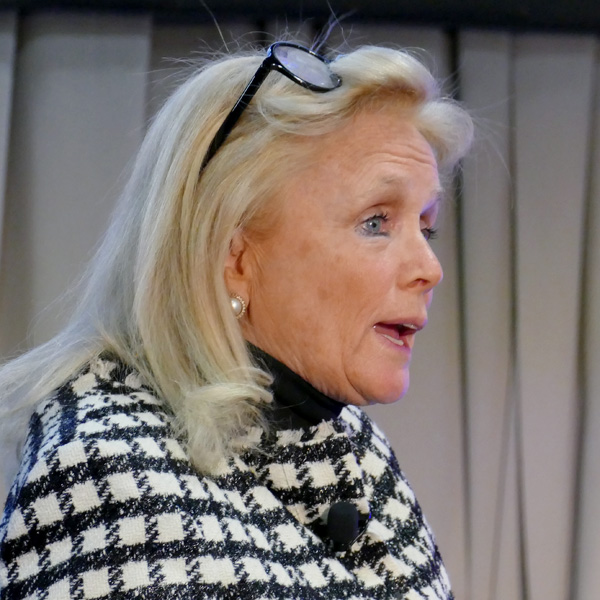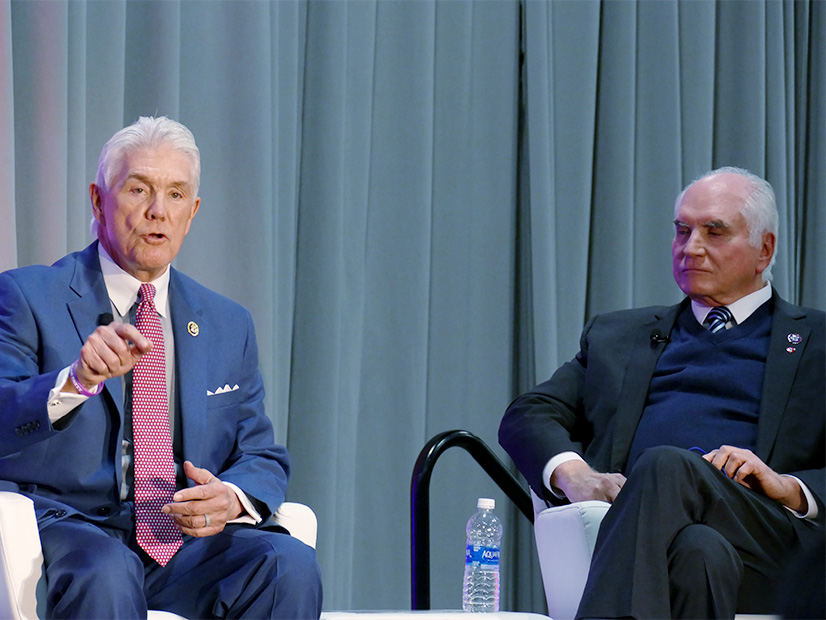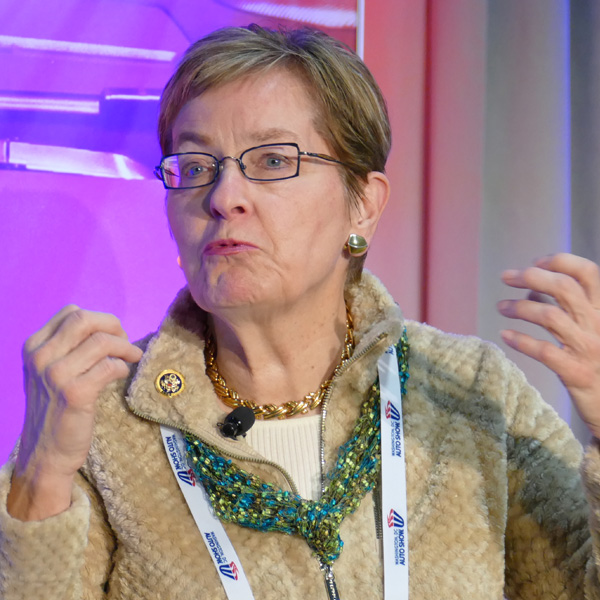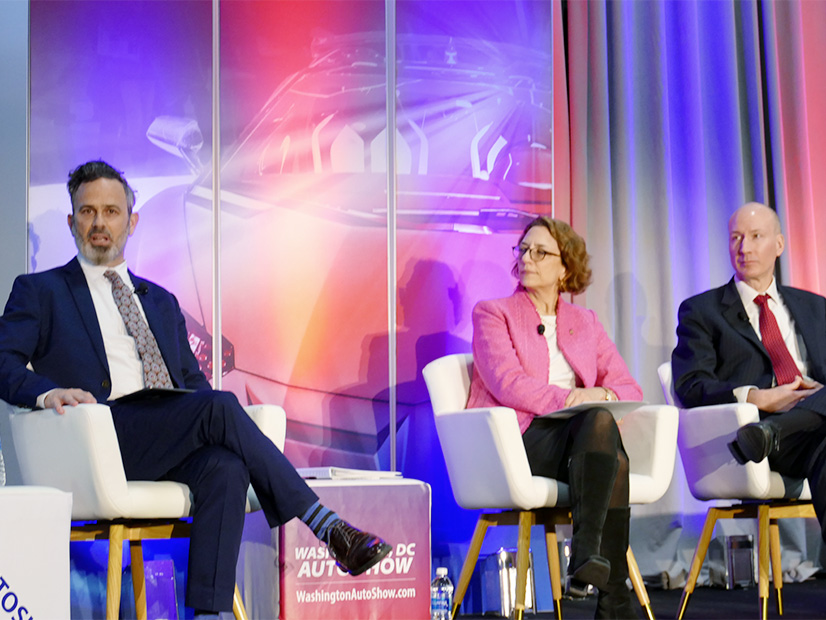The New York Public Service Commission on Jan. 18 approved the establishment of a utility-led working group to identify, study and deploy new clean energy technologies essential for achieving the state’s net-zero goals (20-E-0197).
At its monthly meeting, the PSC approved the Advanced Technology Working Group (ATWG) to vet advanced transmission technologies and develop deployment strategies, as required by the Accelerated Renewable Energy Growth and Community Benefit Act. The law directed the commission to identify system upgrades necessary to achieve the mandates set forth in New York’s Climate Leadership and Community Protection Act (CLCPA).
Proposed by some of the state’s largest utilities, known collectively as the Joint Utilities (JUs), the ATWG originated from their Research and Development Plan for Advanced Distribution and Transmission Technologies (R&D Plan), submitted to the PSC in July 2022. According to the JUs, the ATWG will “ensure that the necessary policies, procedures and standards exist to address technical, process, regulatory and economic concerns related to modern and innovative technologies.”
The ATWG’s primary focus is to explore and analyze technologies that will aid in meeting the CLCPA mandates, concentrating on dynamic line ratings, power flow control and energy storage in the near term.
Additionally, the group will support the Coordinated Grid Planning Process (CGPP), a two-year, six-stage framework initiated by the PSC last year with the aim of enhancing collaboration among New York’s stakeholders and aligning transmission system development with the state’s decarbonization goals. The ATWG will assess the viability of technologies proposed through the CGPP by stakeholders in forums such as the Energy Policy Planning Advisory Council (EPPAC). (See NY Utilities Propose Plan to Coordinate Decarbonization Efforts and NY Policy Council Holds Inaugural Meeting to Discuss CGPP.)
The PSC directed the JUs to submit a revised version of the proposed ATWG plan within 30 days.
Role and Requirements
In their R&D Plan progress report, the JUs highlighted the ATWG’s role in not only examining potential future technologies but also in standardizing their development and adoption throughout New York.
The PSC’s order underscores the ATWG’s importance within the broader transmission planning process, recognizing the group’s “critical role to play in identifying advanced technology applications that will help reduce the cost of new transmission infrastructure developed through the CGPP.”
Additionally, the JUs noted that the ATWG is expected to help “develop tools and methodologies to evaluate and apply advanced technologies as part of potential non-wires alternative solutions.”
ATWG staff held their first technical conference in April, primarily presenting an overview of the group and its objectives rather than discussing any specific technologies. The PSC mandated that the ATWG conduct at least one open call for stakeholders to submit advanced technology proposals before another technical conference, which must be held in the first half of 2024. The ATWG must then file an initial assessment of the submitted proposals within 60 days of the conference’s conclusion.
Starting in 2025, the ATWG must annually publish a calendar of its activities by Jan. 31 of each year. These reports will include assessments of technologies under review, results of relevant studies, budget allocations and recommendations for technology deployment by utilities.
Commissioner Comments
The commission unanimously approved the order, though some commissioners expressed concerns.
Commissioner Diane Burman said she worried about the increasing number of groups and task forces involved in implementing state law, risking diminished public transparency and collaboration. She urged the creation of a single “regularly updated” document that cohesively details all the ongoing work or issues addressed by each of the groups, stressing the need for these efforts to be “coordinated, seamless and not have everybody doing something siloed.”
She also warned state agencies against inadvertently favoring certain technologies or developers over others, saying, “We cannot be picking winners and losers.”
Commissioner John Howard pointed out that while he understood the need to examine “other technologies down the road,” he argued that “this should in no way slow down the progress of what is already available today.”
He encouraged transmission owners and developers to adopt “these very proven and very cost-effective technologies as quickly as possible,” adding that “in pursuit of the excellent, let’s not leave some really good stuff on the side.”
Chair Rory Christian said the PSC’s decision to approve the ATWG “will ensure the state’s investments take advantage of cost-saving and efficient new transmission technologies.”
